Rohingya teenagers trafficked for sex in Bangladesh: Report
Girls in their early teens who have fled persecution in Myanmar to seek safety are being trafficked into prostitution in Rohingya refugee camps in Bangladesh, according to a report.
Human trafficking and exploitation are rife among Rohingya refugees, with women and children being the main victims of coerced labor and sex work, a BBC investigation said.
Children are offered a chance of better life – a cruel tactic deployed by traffickers – in order to bring them into the sex industry, the report said, adding, they were offered jobs abroad and in the capital Dhaka as maids, as hotel staff and kitchen workers.
A BBC team alongside the Foundation Sentinel, a non-profit group established to train and assist law enforcement agencies combating child exploitation, headed to Bangladesh to investigate the networks behind the trade.
Masuda, 14, who is now being helped by a local charity, described how she was trafficked.
"I knew what was going to happen to me. The woman who offered me a job, everyone knows she makes people have sex. She is a Rohingya here for a long time, we know her. But I didn't have a choice. There is nothing for me here.
"My family have disappeared. I have no money. I was raped in Myanmar. I used to play in the forest with my brother and sister. Now I don't remember how to play."
Both online and offline in Bangladesh, a network of traffickers, pimps, brokers and transporters continue to supply women and children for sex, the investigation found.
The Rohingya crisis did not create a sex industry in Bangladesh, the report said, adding, however, that it has increased the supply of women and children, forcing the price of prostitution down and keeping demand as strong as ever.

A probe by the International Organization for Migration (IOM) has revealed numerous cases of exploitation and trafficking in Bangladesh’s refugee camps, where Rohingya children have been subjected to forced labor, beatings and sexual assaults.
The IOM has found that Rohingya refugee children working harsh hours for little pay in Bangladesh, with some suffering beatings and sexual assault.
About 450,000 children, or 55 percent of the refugee population, live in overcrowded camps in Bangladesh after fleeing violence and persecution at home in Myanmar.
Aide groups have warned that sexual predators and human traffickers have flocked to Rohingya refugee camps on the Bangladesh-Myanmar border looking to exploit vulnerable women and children of the suppressed Muslim minority.
The minority Muslims in Myanmar have faced horrific violence by the military and Buddhist mobs since late 2016. Accounts of killing, raping, amputating, and lynching all happening against the Muslims have sparked serious concern among most world countries and human rights organizations.
Bangladesh, a predominantly Muslim nation, hosts more than 400,000 Rohingya Muslims, with about 73,000 of whom belonging to the recent influx from across the border.
Backed by Myanmar’s government, the Myanmarese military and Buddhist extremists launched a heavy-handed crackdown against the Muslim minority in Rakhine State in late 2016. That campaign intensified in August 2017.
Myanmar's de facto leader Aung San Suu Kyi has done virtually nothing to stop the crimes committed by the military against the Rohingya.
The crackdown has forced nearly 700,000 Rohingya Muslims to flee to neighboring Bangladesh, where they also face an inhospitable environment.
The government of Myanmar denies any atrocities have taken place, and insists that Rohingya are “illegal immigrants.”
Venezuelan military stands with acting president after US kidnapping of Maduro
VIDEO | Press TV's news headlines
VIDEO | Protesters in Toronto slam US kidnapping of Venezuelan president
Israeli troops detain, intimidate Palestinian toddler in West Bank
Iran says its investments in Venezuela face no major risk
Make ‘right decision’ or face more US pressure, Rubio tells Venezuela’s Rodriguez
VIDEO | General Soleimani honored in Kashmir, Kargil
US, Israel waging ‘soft warfare’ to destabilize Iran after June defeat: Top general


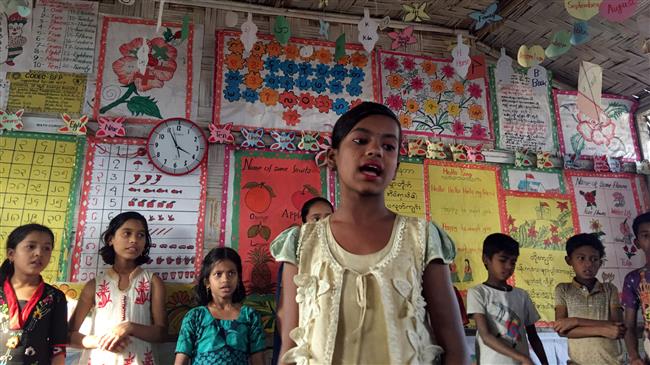

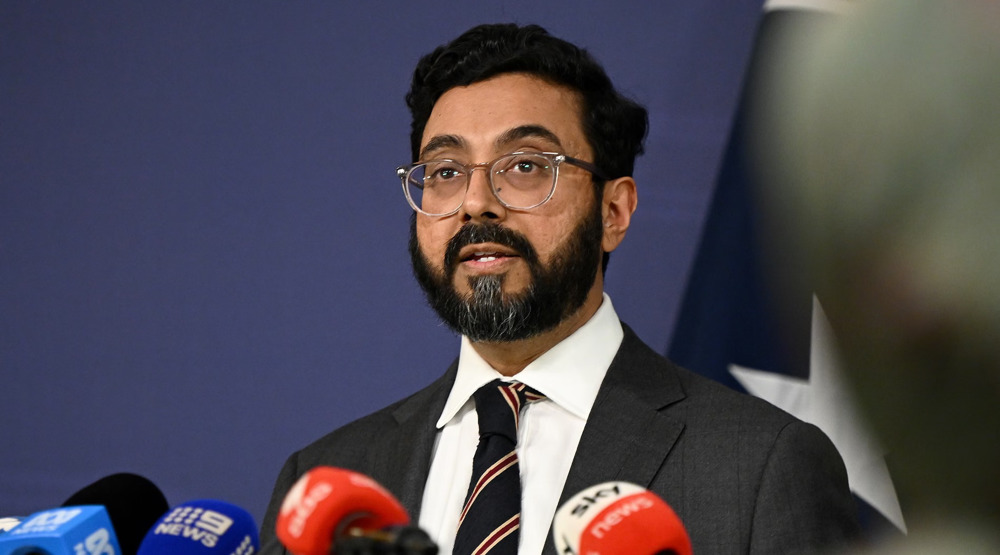
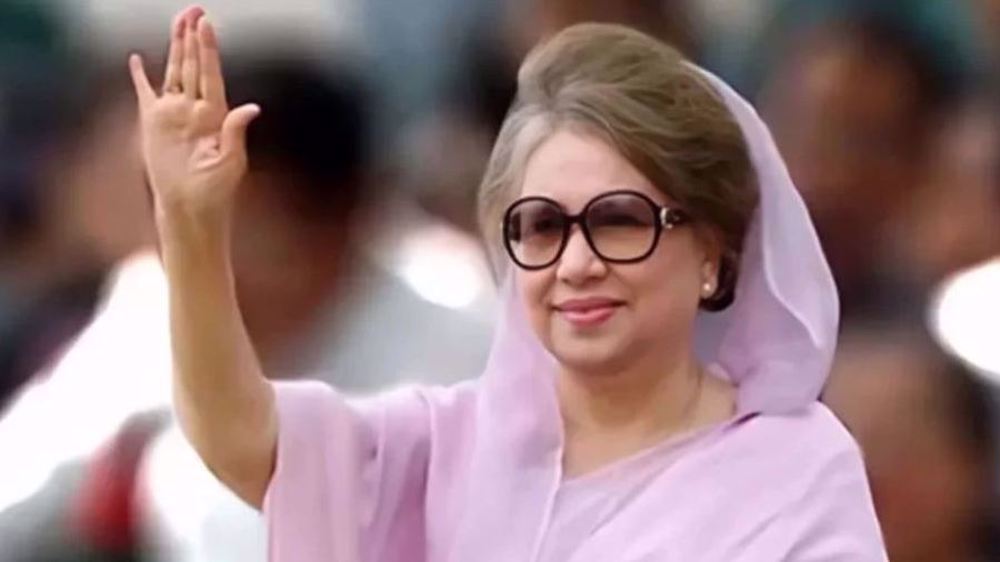
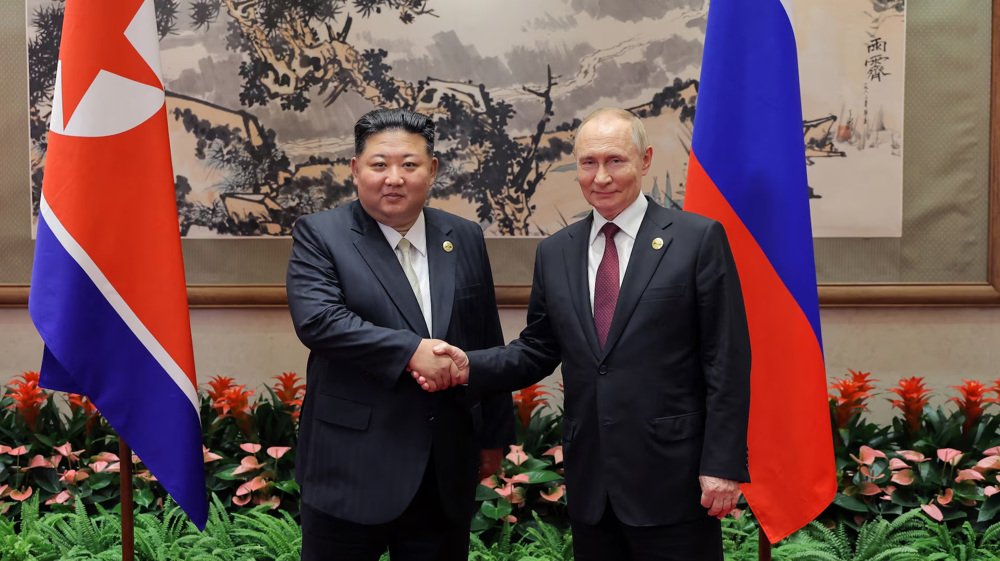



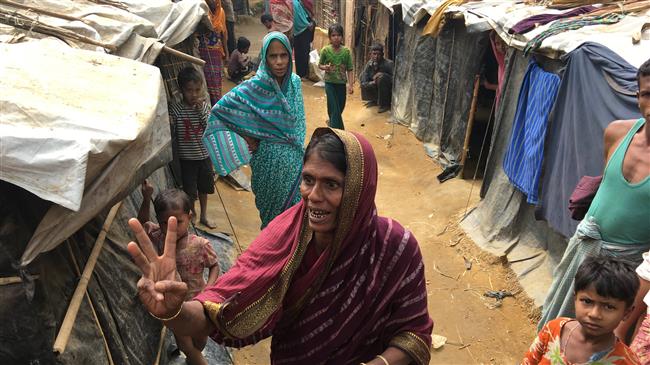

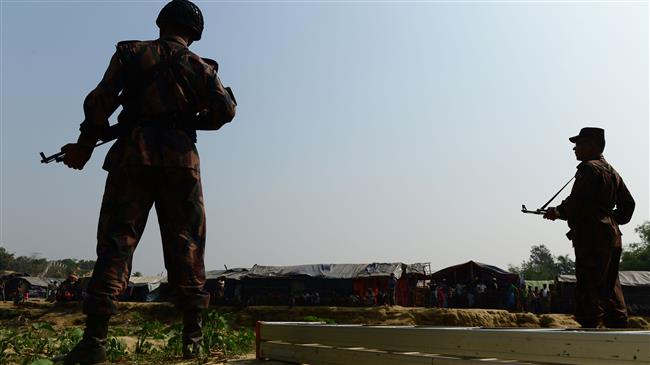
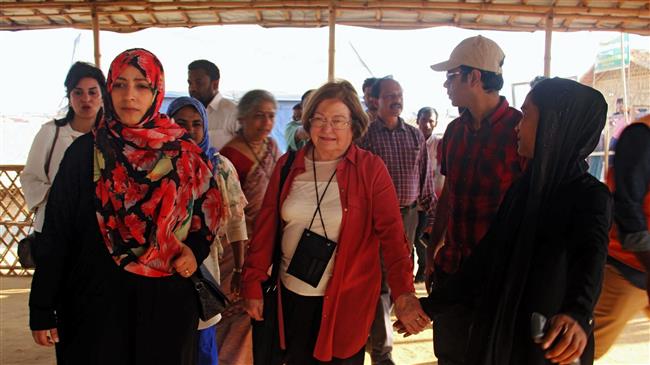


 This makes it easy to access the Press TV website
This makes it easy to access the Press TV website